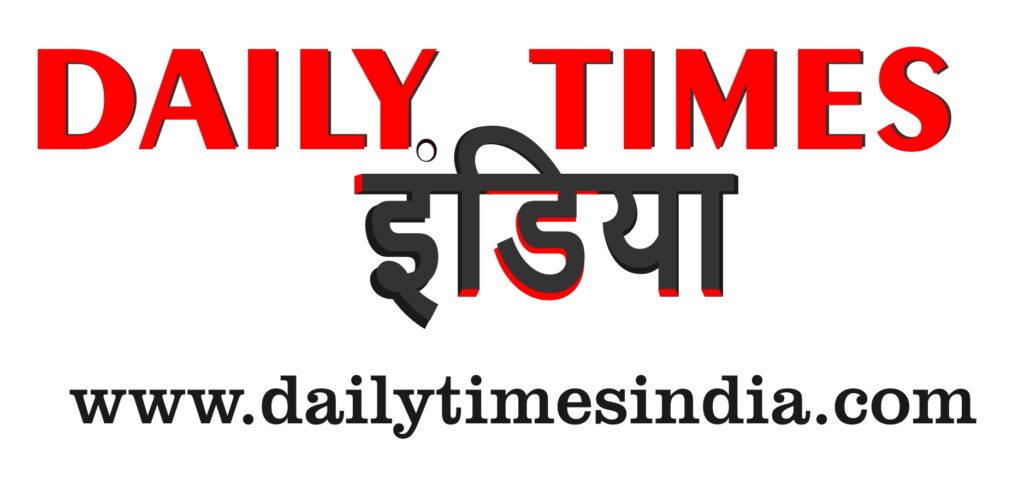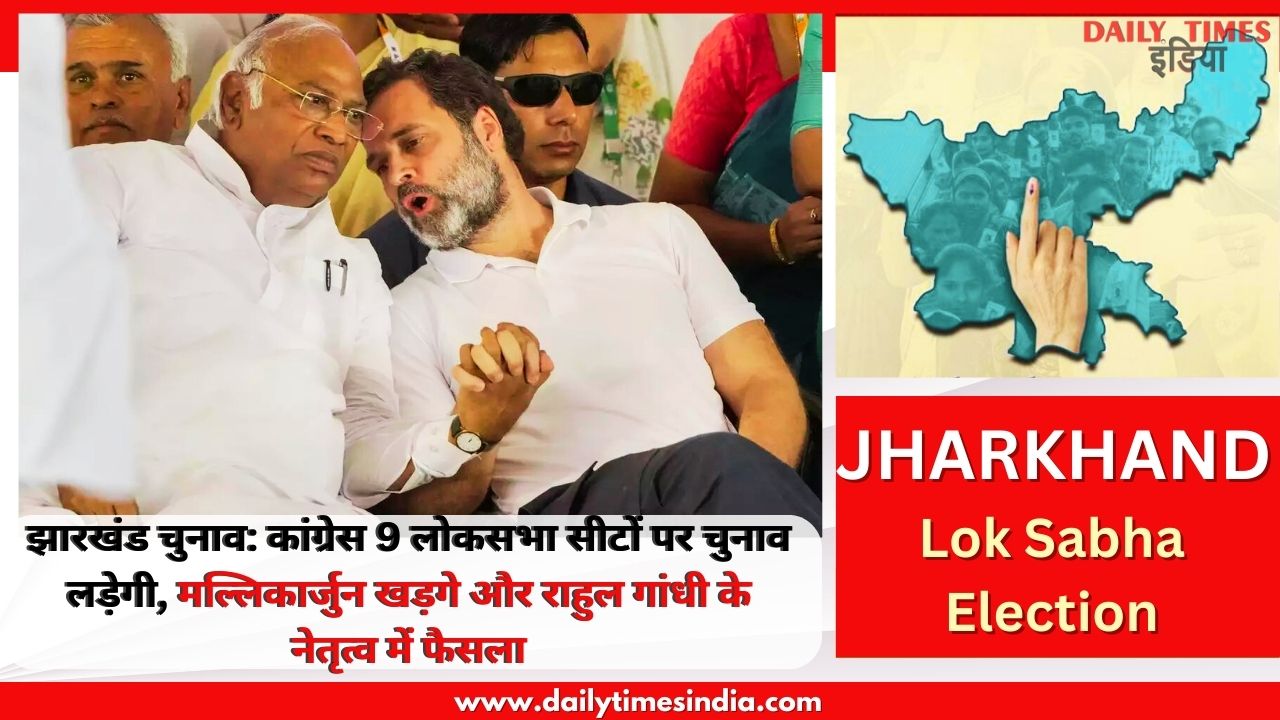Ranchi: In a significant political move, the Congress party has unveiled its decision to field candidates on nine out of the fourteen Lok Sabha seats in the state of Jharkhand. This critical choice was determined through deliberations within the Political Affairs Committee of the state unit, attended by eminent figures including Congress National President Mallikarjun Kharge, Rahul Gandhi, Priyanka Gandhi, and Jharkhand’s state in-charge, Avinash Pandey.
Underlining the party’s approach to strategic alliances, Congress is also advocating for the victory of candidates from constituents of the India Alliance on the remaining five seats. While there has been no official response from the India Alliance constituents in Jharkhand concerning Congress’s decision, the allocation of seats is anticipated to be a subject of contention.
During the 2019 elections, Congress contested on seven seats as part of the UPA alliance. The alliance distribution saw JMM securing four seats, while Babulal Marandi’s JVM was allocated two seats. The Rashtriya Janata Dal (RJD) secured a single seat. Despite this division, RJD persisted in fielding candidates on two seats, leading to a simultaneous presence of both Congress and RJD contenders on the Chatra Lok Sabha seat.
This time around, Congress has opted to contest on nine seats, an increase from its previous engagement. The additional seats being pursued by Congress are Godda and Koderma Lok Sabha constituencies. These two seats were previously reserved for Babulal Marandi’s Jharkhand Vikas Morcha (Prajatantrik), an arrangement that now undergoes modification given the altered dynamics of JVM.
The finalized list of candidates for Congress includes the following nine seats: Chaibasa, Khunti, Chatra, Dhanbad, Ranchi, Lohardaga, Hazaribagh, Godda, and Koderma. Currently, Congress holds a presence on only one of these seats, represented by Geeta Koda. Notably, the distribution of seats within the India Alliance in Jharkhand is likely to center around Chaibasa, Chatra, and Hazaribagh constituencies.
Among these, Chaibasa’s allocation is emerging as a point of debate. Jharkhand Mukti Morcha (JMM) is asserting its claim over this seat, citing its substantial presence in the assembly seats aligned with the Chaibasa Lok Sabha constituency.
The Hazaribagh seat is witnessing multiple claims, with Communist Party of India (CPI) and Left parties seeking representation. The Left parties, now part of the India Alliance, are expected to assert their interests in alignment with their newfound partnership.
While these decisions shape the electoral landscape in Jharkhand, the forthcoming elections are expected to witness intense competition, alliance negotiations, and strategic maneuvering as various political entities vie for their respective footholds in the state’s parliamentary representation.







